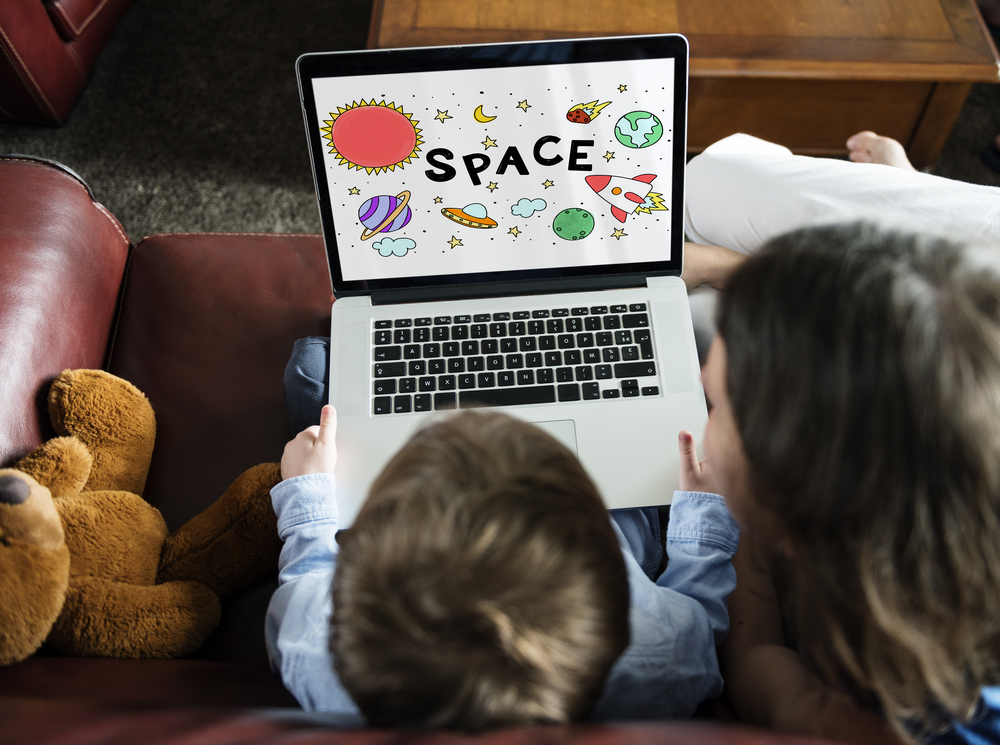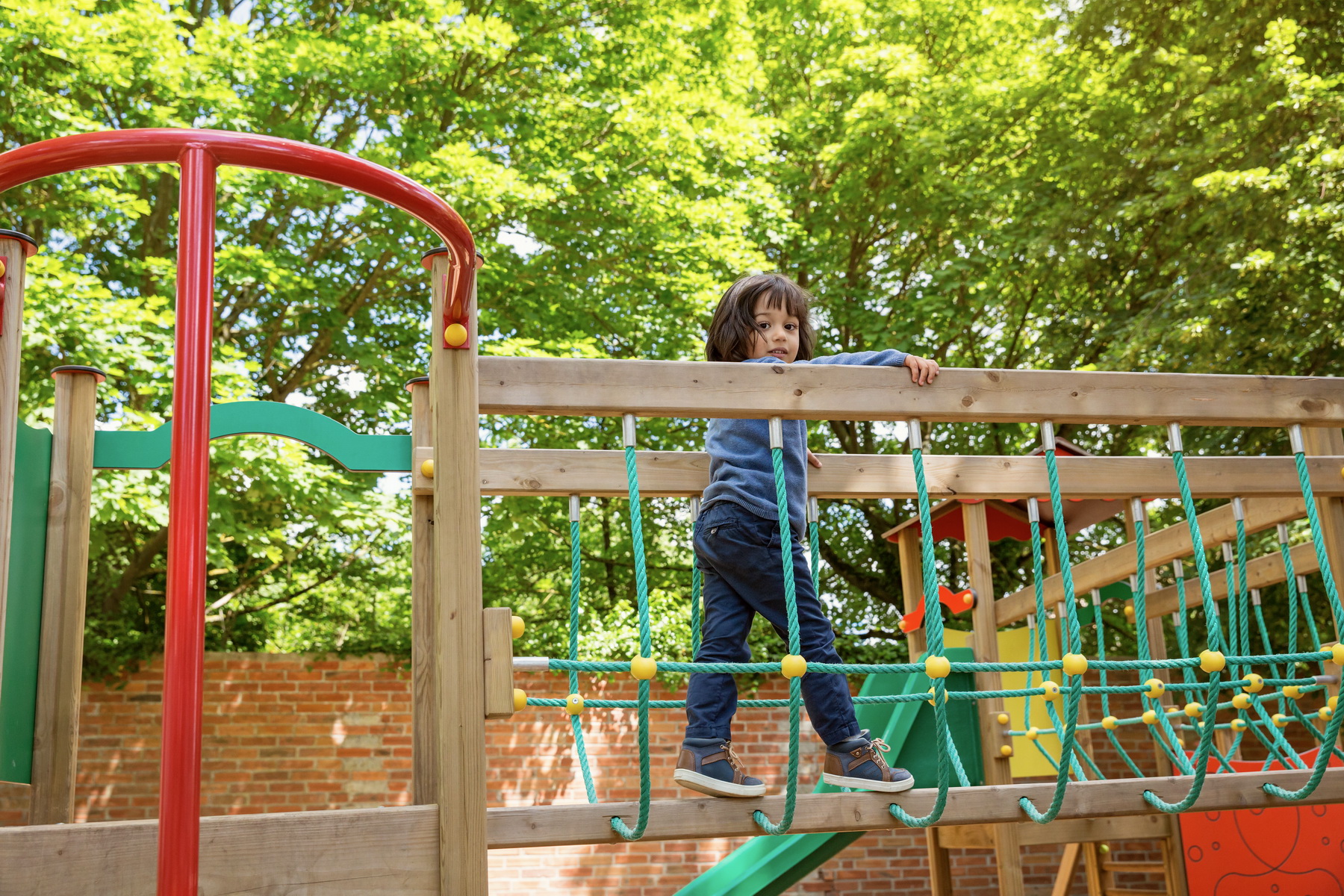Critical thinking skills Normal Social Studies Worksheets for Ages 6-8
4 filtered results
-
From - To
Great social studies education starts with critical thinking! Our carefully crafted worksheets for ages 6-8 inspire young minds to analyze, question, and understand the world around them. Engaging activities promote essential skills such as problem-solving, reasoning, and decision-making. These comprehensive worksheets cover a variety of topics and provide practical exercises to help children build solid foundations in critical thinking. Boost your child’s cognitive development and prepare them for future academic challenges with our fun, educational, and interactive social studies worksheets. Start your child's learning journey today and watch them thrive academically and socially!


Bill of Rights Worksheet
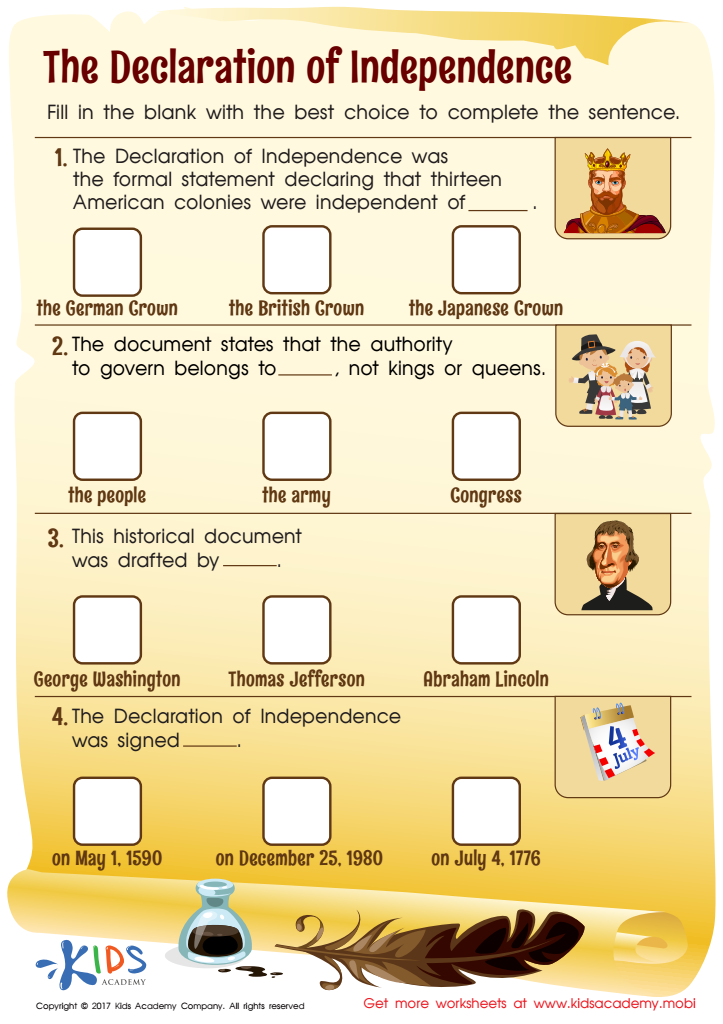

Declaration of Independence Worksheet
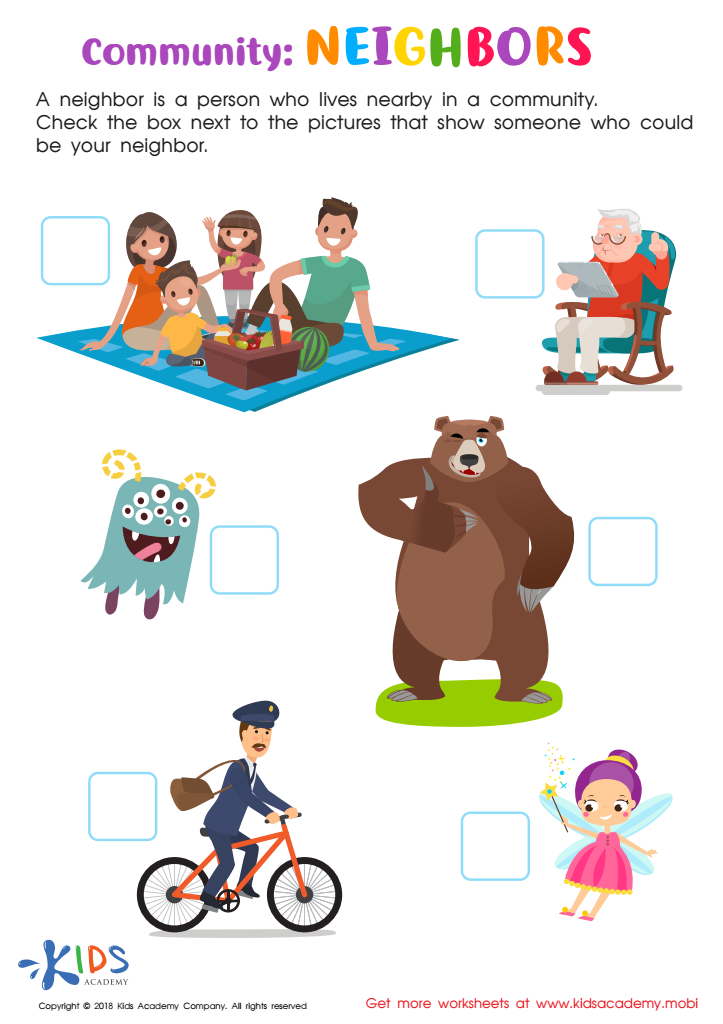

Community: Neighbors Worksheet
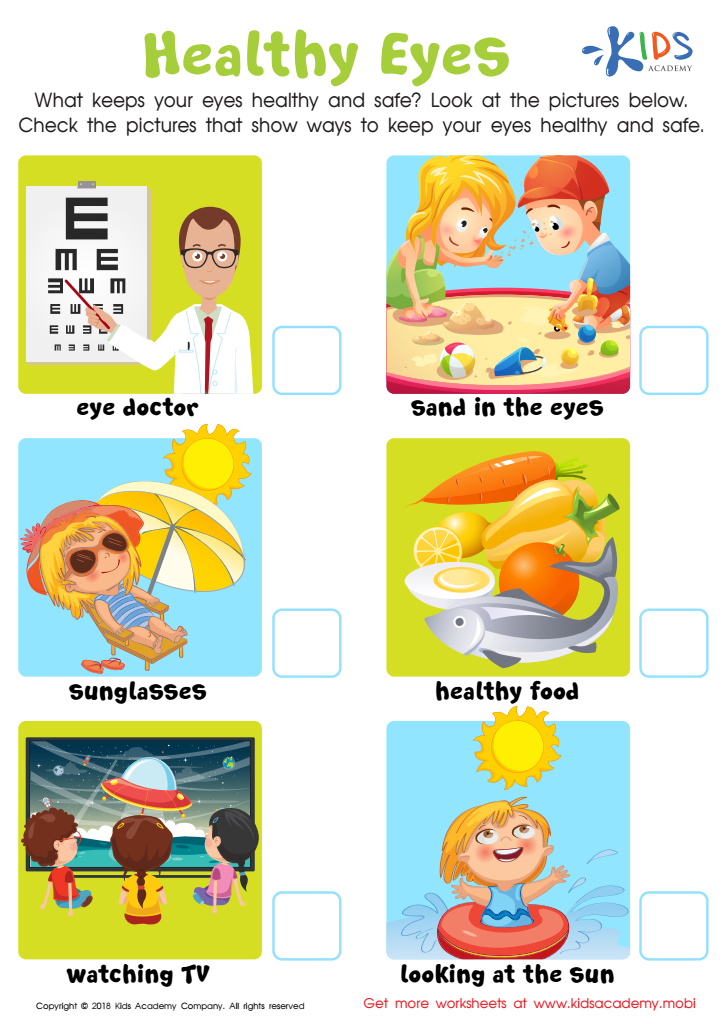

Healthy Eyes Worksheet
Parents and teachers should prioritize critical thinking skills in social studies for children aged 6-8 because these formative years are crucial for cognitive and social development. Critical thinking teaches children to analyze information, ask questions, and develop independent thought processes. This is essential in social studies, where understanding history, geography, and cultural practices requires interpreting various perspectives.
At this young age, children are naturally curious and absorb information rapidly. By encouraging critical thinking, we build their ability to differentiate between fact and opinion, make connections between concepts, and understand cause-and-effect relationships. These skills are foundational for academic success across subjects and for informed citizenship in a complex world.
Moreover, engaging young learners in critical thinking helps them become more empathetic and socially aware. When children evaluate different societies and historical events, they begin to appreciate diversity and understand the impact of community and global issues. This increases their ability to collaborate with others and develop problem-solving skills, which are essential for personal and social development.
Incorporating critical thinking into social studies for children aged 6-8 not only enhances their academic skills but also prepares them to navigate and contribute positively to an ever-changing world. Thus, making it a fundamental part of early education is crucial for their holistic development.
 Assign to My Students
Assign to My Students




